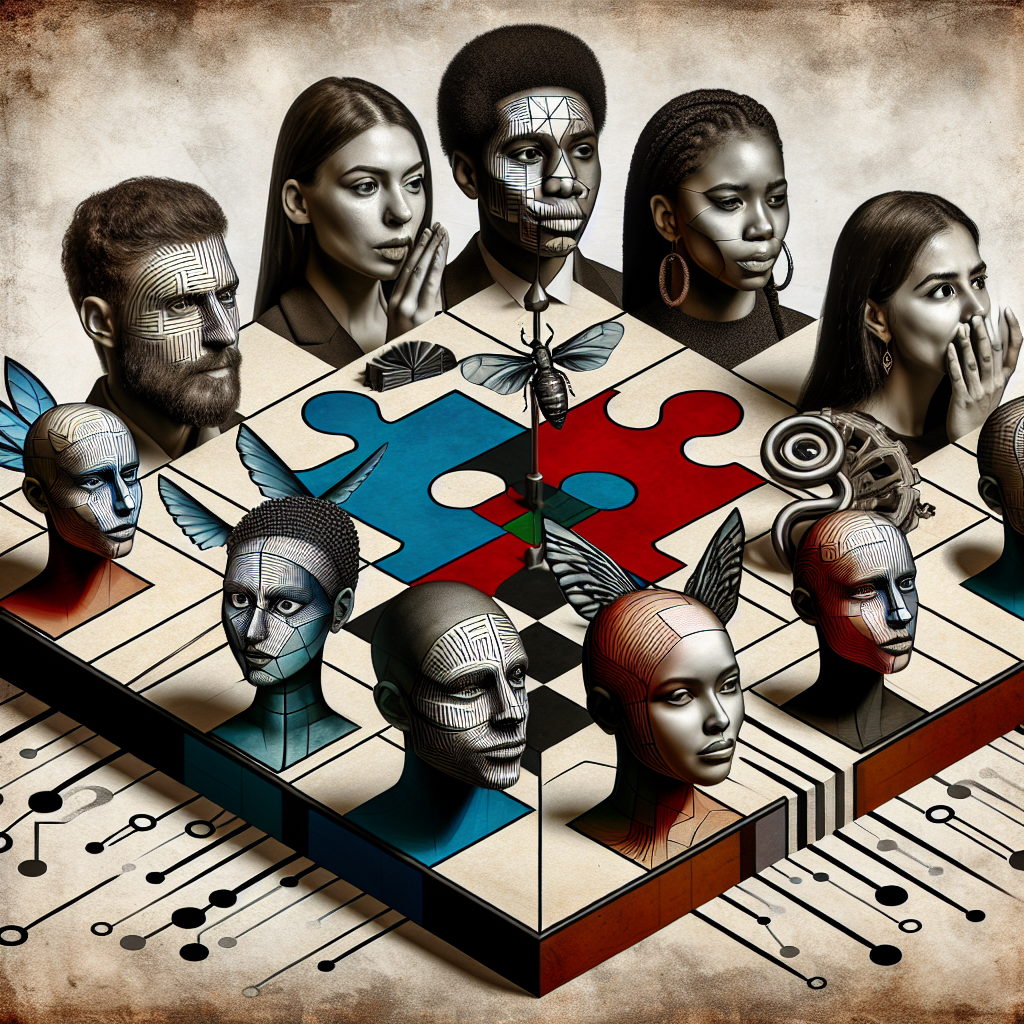Have you ever sensed that someone was lying — even when their words said otherwise? Or felt instantly drawn to someone because of their warm smile and posture? That’s the psychology of body language in action.
Non-verbal cues like eye contact, posture, and facial expressions make up more than 60% of communication, according to experts. Let’s explore what your body is saying — and how to read others more effectively.
What Is Body Language?
Body language refers to the unspoken elements of communication that we use to reveal our true feelings and emotions. It includes:
- Facial expressions
- Gestures
- Posture
- Eye movements
- Tone and pace of voice
- Physical space (proxemics)
Understanding body language can improve relationships, boost your charisma, and even help you spot deception.
Why Body Language Matters
- 🧠 It’s unconscious: Most body language is involuntary and reflects true emotions.
- 🤝 It builds trust: Open body language creates connection and comfort.
- ❌ It can reveal lies: Inconsistencies between words and gestures often signal dishonesty.
Common Body Language Signals and Their Meanings
| Signal | Possible Meaning |
|---|---|
| Crossed arms | Defensive, closed off |
| Eye contact | Confidence, trust (or challenge) |
| Looking away often | Nervousness or discomfort |
| Touching face | Lying or uncertainty |
| Leaning in | Interest and connection |
| Tapping foot | Anxiety or impatience |
Keep in mind that context matters. One gesture alone doesn’t confirm intent — it’s the cluster of behaviors that tells the real story.
The Science Behind Body Language
Body language is governed by the limbic system in the brain — the part responsible for emotions and instinctive responses. That’s why your body often reacts before your mind does.
For example, if someone feels threatened, they might instinctively cross their arms, take a step back, or tighten their jaw — even if they’re trying to act friendly.
According to a study by Dr. Albert Mehrabian (external link), only 7% of a message is conveyed through words, while 93% is nonverbal (tone and body language combined).
How to Improve Your Own Body Language
✅ 1. Open Your Posture
Keep your shoulders relaxed, arms uncrossed, and body facing the person you’re speaking with.
✅ 2. Maintain Healthy Eye Contact
Look into someone’s eyes while speaking — not staring, but engaging. It builds trust and connection.
✅ 3. Use Purposeful Gestures
Use your hands to emphasize key points, but don’t fidget. Calm gestures show clarity and confidence.
✅ 4. Smile Genuinely
A real smile engages the eyes (called a Duchenne smile). It makes others feel at ease.
Also read: How Emotional Intelligence Impacts Your Daily Life
Detecting Deception with Body Language
While it’s not foolproof, certain signs may indicate dishonesty:
- Inconsistent facial expressions
- Sudden changes in breathing
- Covering the mouth or touching the neck
- Avoiding eye contact or blinking too much
To explore this further, check out the FBI’s guide to detecting deception (external link).
Cultural Differences in Body Language
What’s confident in one culture may be disrespectful in another. For example:
- 👀 Direct eye contact is respectful in the U.S., but may be seen as rude in some Asian cultures.
- 🧍♂️ Personal space varies — in Latin cultures, people often stand closer.
- 🤝 Handshakes differ in firmness and duration globally.
Understanding cultural context is key to interpreting body language correctly in international settings.
Final Thoughts
The psychology of body language is a fascinating window into the unspoken side of human interaction. Whether you’re navigating a job interview, building relationships, or trying to detect a lie, mastering body language can give you a real edge.
Start observing — not just what people say, but how they say it. Your body is talking… are you listening?
✅ Next Up: Want to decode more hidden signals? Discover The Science of First Impressions and How to Make Them Count



